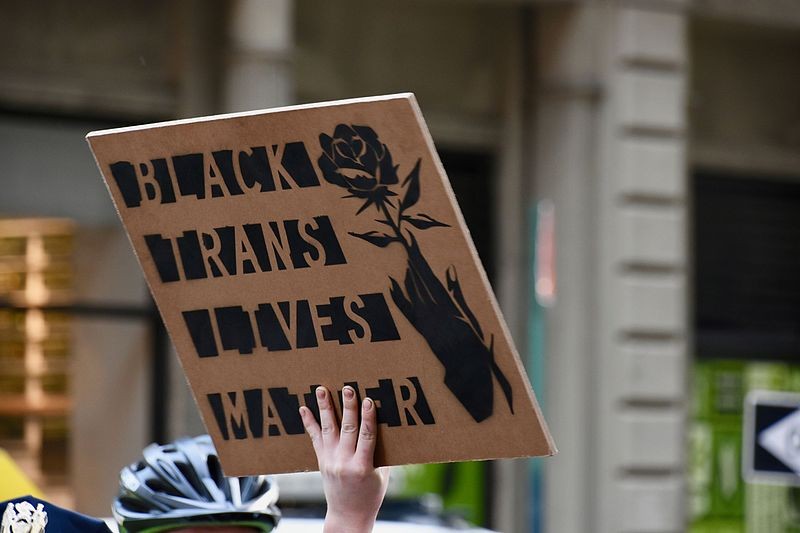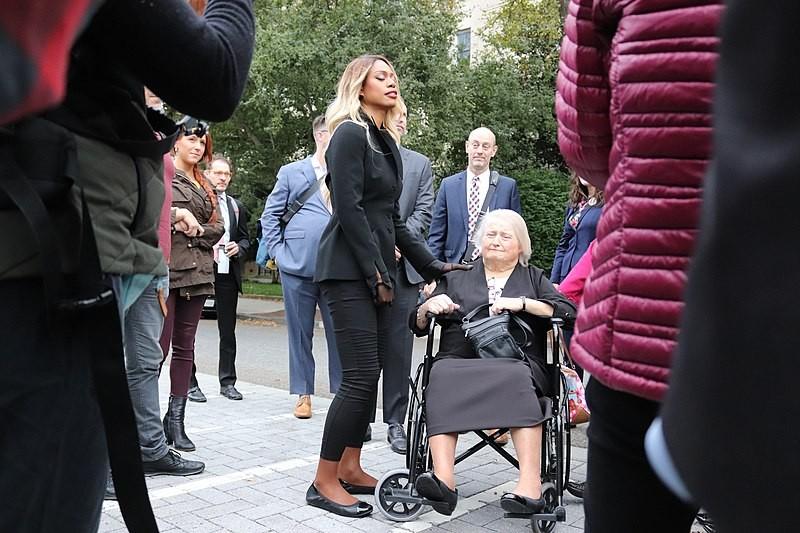This year, Pride month went a little bit different than many may have expected. Because of COVID-19, the usual parades, concerts and festivals that celebrate LGBTQ+ identity and liberation were shut down. However, just because people did not take to the streets to celebrate doesn’t mean there hasn’t been developments in the fight for LGBTQ+ rights. Here are six strides and setbacks in the fight for LGBTQ+ rights that you might’ve missed this past month:
On Monday, June 15, the Supreme Court ruled that Americans cannot be fired on the basis of their gender identity or sexuality under Title VII of the Civil Rights Act.
This was a landmark ruling for LGBTQ+ rights. This ruling came as a result of three cases brought to the Supreme Court: those of Aimee Stephens, Don Zarda and Gerald Bostock. Stephens was fired from her job at a funeral home after coming out as transgender. Zarda and Bostock were each fired from their jobs as a skydiving instructor and mental health counselor, respectively, for being gay.
This ruling also comes as a surprise to many because of the conservative leanings of most of the justices. Justice Neil Gorsuch, who was appointed by President Trump, voted in favor of the LBGTQ+ employees, along with five other justices. Read more about the historical ruling here.
RELATED: OPINION: Pride Month would not exist without activism

On Sunday, June 14, thousands of Americans marched for Black trans lives after the murder of two transgender women earlier in June.
Tens of thousands of Americans marched across the nation in Brooklyn, Chicago, Los Angeles, Boston and more on Sunday. These marches kicked off many others around the United States, the purpose of which is to raise awareness of the danger Black transgender Americans face and to advocate for their rights. These marches occurred after the deaths of Black trans women Dominique “Rem’Mie” Fells and Riah Milton. According to the Human Rights Campaign, there have been at least 17 murders of transgender individuals this year. The organization notes that much violence against transgender people happen against Black transgender women.
Read the Human Rights Campaign’s report here. Read more about the marches here.
On Sunday, June 14, United Kingdom Prime Minister Boris Johnson abandoned plans to make it easier for transgender citizens of the UK to verify their gender on legal identifying documents, such as birth certificates according to the Sunday Times.
Original plans, which were developed during the term of former Prime Minister Theresa May, would’ve simplified the process by which transgender citizens have their gender corrected on legal documents. Before, a panel of doctors would have had to review and approve an individual’s transition. Under the new plan, an individual would have just had to testify before a judge to verify their gender and their transition. Many have already protested Johnson’s plan to abandon this change, which transgender citizens and activists see as a positive step forward. Read the Sunday Times article here, and read more about Johnson’s plans for transgender rights and regulations here.
On Friday, June 19, Netflix released “Disclosure,” a documentary on transgender representation in American movies and television.
According to the film’s website, “Disclosure” is “an unprecedented, eye-opening look at transgender depictions in film and television, revealing how Hollywood simultaneously reflects and manufactures our deepest anxieties about gender.”
The film features a star-studded cast of transgender actors, leaders, and celebrities, including “Orange is the New Black” actress Laverne Cox and “The Matrix” director Lilly Wachowski. As of July, the film has a 97% on Rotten Tomatoes and an 8.4/10 starts on IMDb. Learn more about the film and watch it here.
On Thursday, June 25, the Pew Research Center released a report that finds many countries have increased their acceptance of homosexuality since 2002.
The report, which was written by Jacob Poushter and Nicholas Kent, observers that in some countries, including the United States, Canada, Argentina, South Korea, India and Kenya, acceptance of homosexuality has increased.
However, the report explained these developments were divided in many areas.
“Despite major changes in laws and norms surrounding the issue of same-sex marriage and the rights of LGBT people around the world public opinion on the acceptance of homosexuality in society remains sharply divided by country, region and economic development,” the report said.
The report went on to observe that countries and individuals with higher education levels and younger generations were more accepting of homosexuality. Read the full report here.
On June 29, the Gabon senate overturned a 2019 law and decriminalized homosexuality.
Gabon, a nation on the west coast of Central Africa, was one of 73 countries wherein same-sex relationships were outlawed. According to Reuters, the country punished same-sex relationships with up to six months in prison and a fine equivalent to $8,521.
On June 29, the bill to decriminalize same-sex relationships and homosexuality passed with a majority in the Senate and will be ratified by the President Ali Bongo. Gabon, which is a largely Christian nation, has seen a large divide in citizens and politicians over the bill.
Read more about the original law here and the new law here.
Follow Katie Beauford on Twitter









